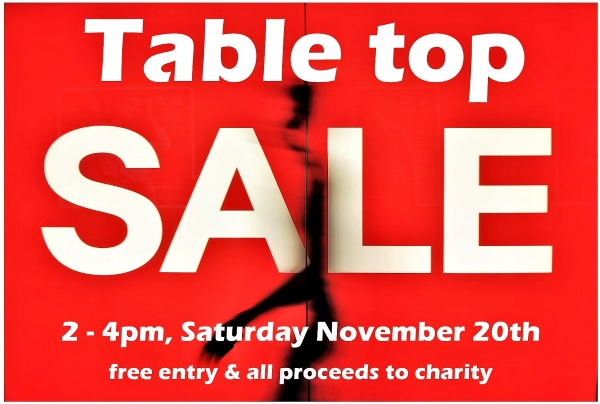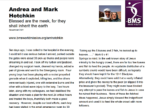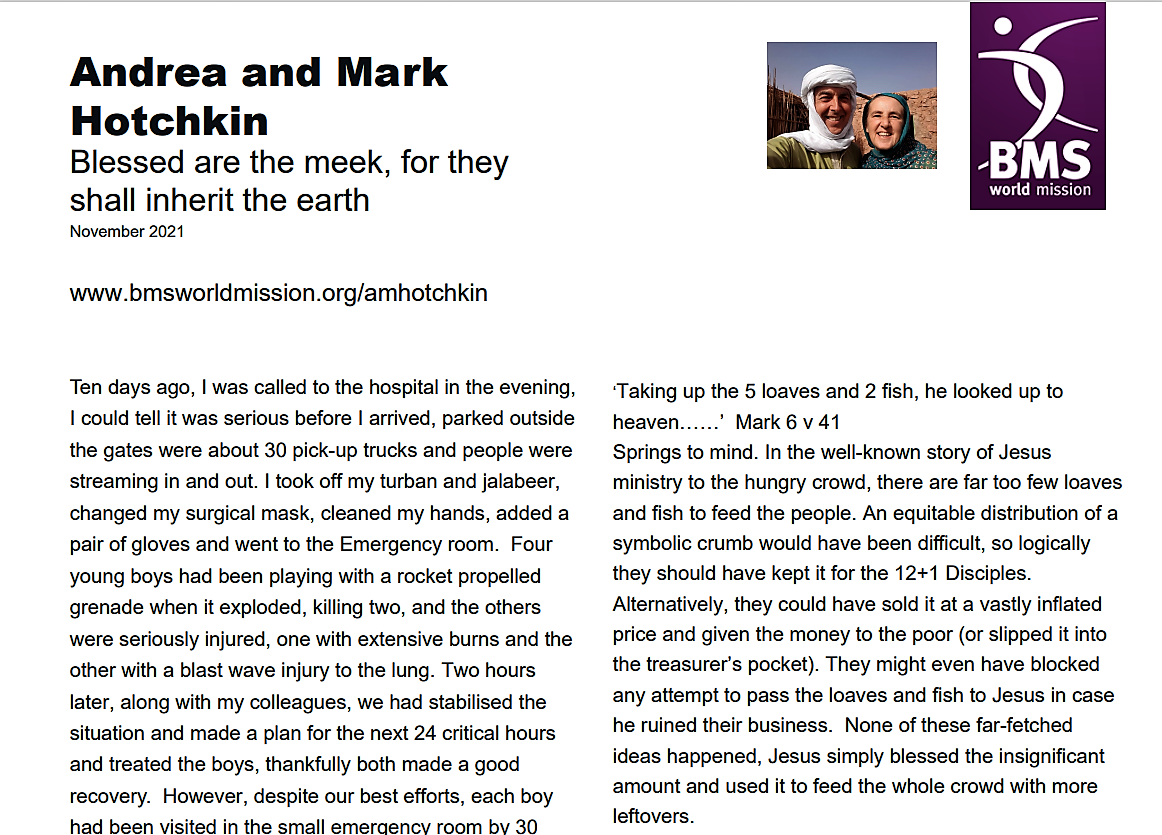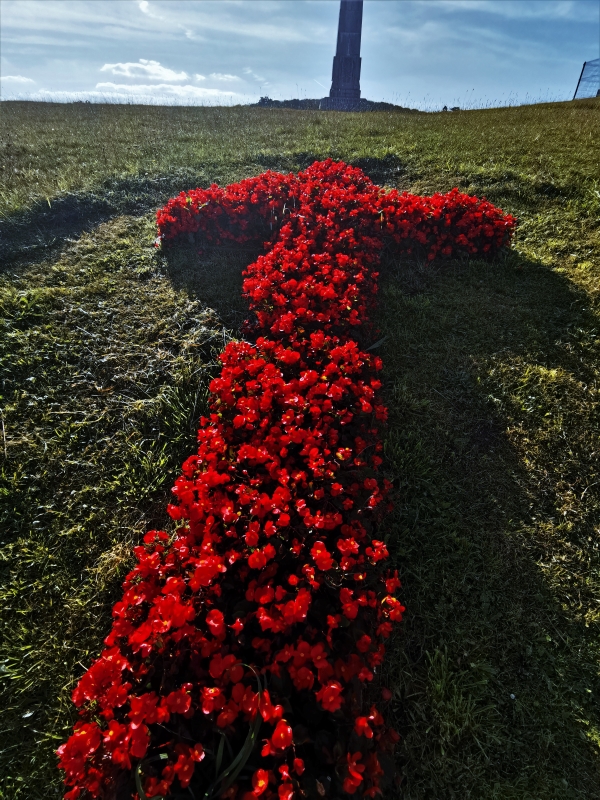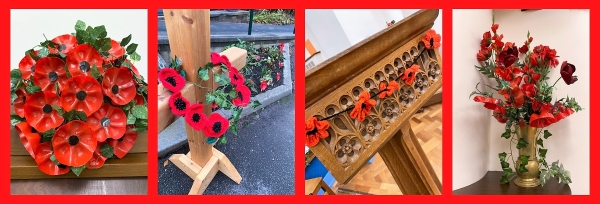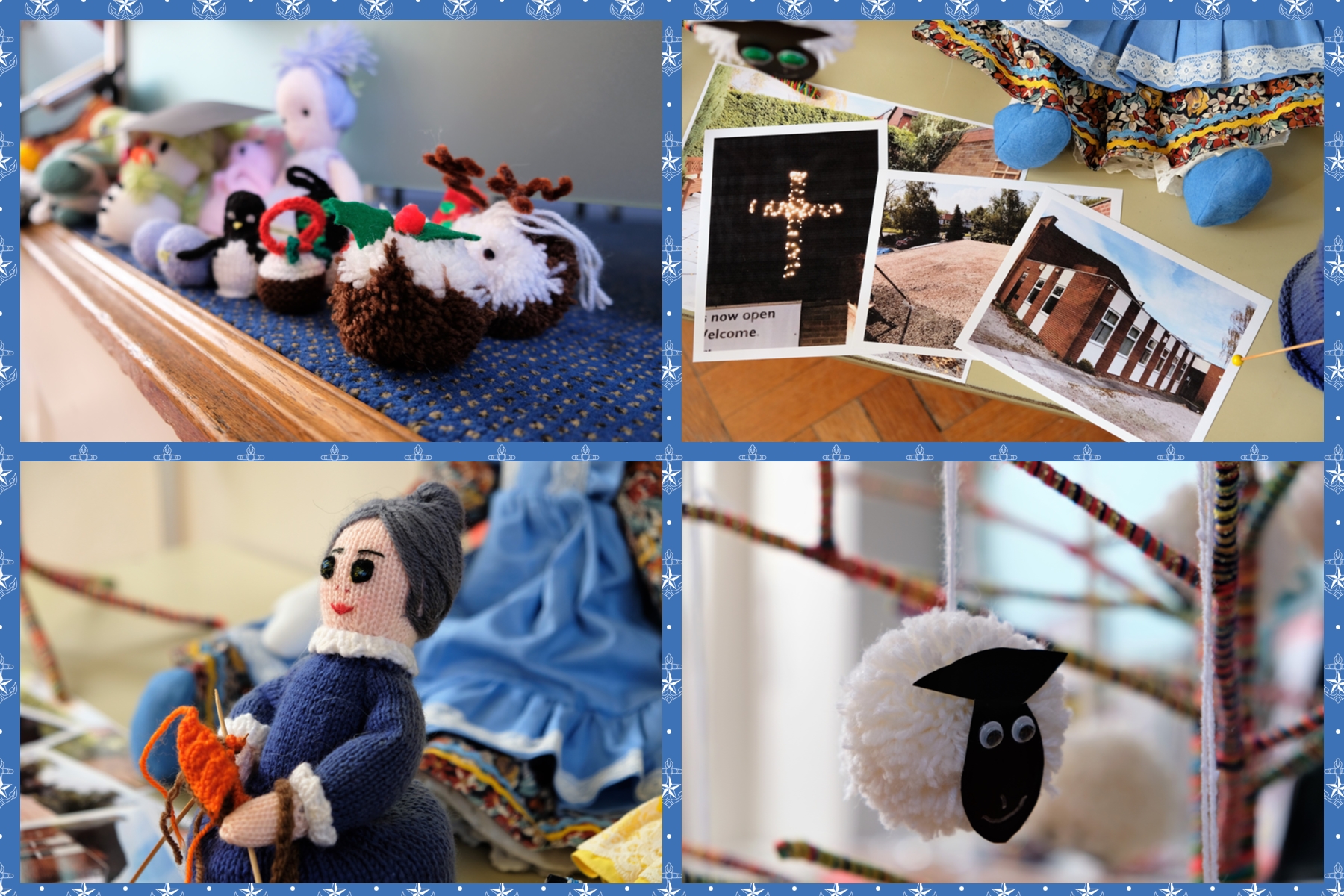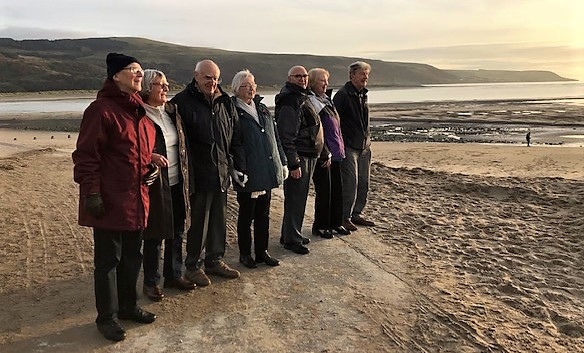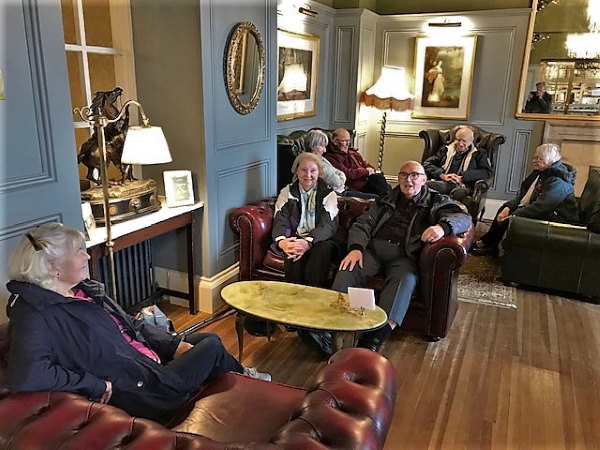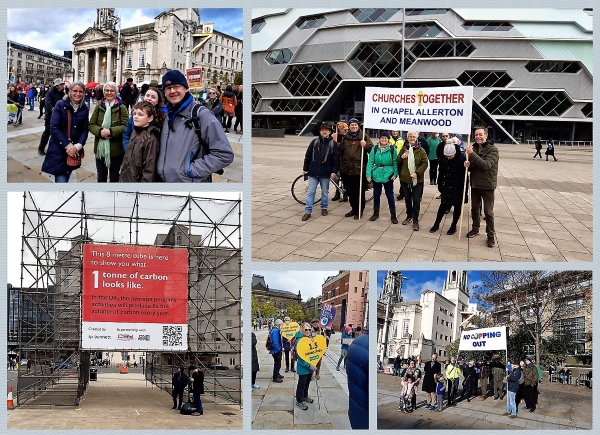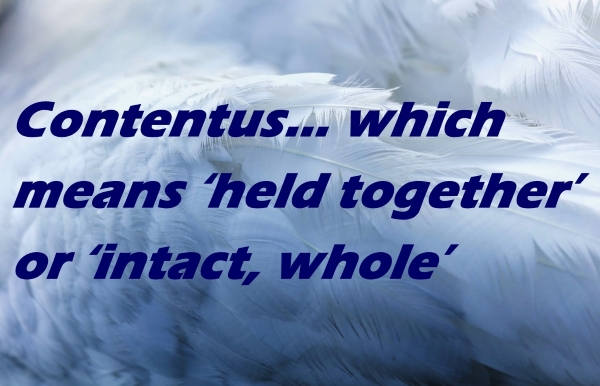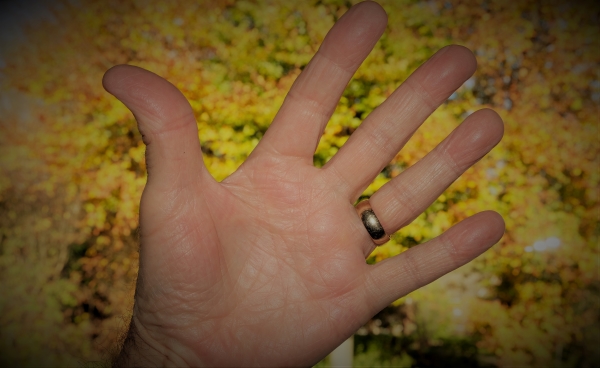Haddon Willmer is leading our prayer time on Remembrance Sunday. He urges you to read this story in advance.
II Sam 23.13-17
13 Towards the beginning of harvest three of the thirty[a] chiefs went down to join David at the cave of Adullam, while a band of Philistines was encamped in the valley of Rephaim. 14 David was then in the stronghold; and the garrison of the Philistines was then at Bethlehem. 15 David said longingly, ‘O that someone would give me water to drink from the well of Bethlehem that is by the gate!’ 16 Then the three warriors broke through the camp of the Philistines, drew water from the well of Bethlehem that was by the gate, and brought it to David. But he would not drink of it; he poured it out to the Lord, 17 for he said, ‘The Lord forbid that I should do this. Can I drink the blood of the men who went at the risk of their lives?’ Therefore he would not drink it. The three warriors did these things.
It is war. Men are armed and alert. Some are scared, others are looking for a fight and glory. There is killing and being killed.
David and his mighty men are holding out in the caves of Adullam, the Philistines are in the valley of Rephaim, blocking the way to his hometown of Bethlehem.
David is a warrior. He also writes songs, sensitive songs, reaching the heights and depths of human experience. But now his sword is handy and he has no heart for his harp. He is not happy. He thinks of home and what life was like before the war engulfed him. He remembers the simple things, the basic blessings that made life good and joyful. The boy David breaks back through the shell of the hardened man, and David is shaken.
He says longingly: ‘O that someone would give me water to drink from the well of Bethlehem that is by the gate!’
Humanity hardly survives in war, but it holds on in sad and tenacious memory, in the longing to have afresh what is missing. Humanity is there in the sorrow of the widow and the orphan, in the vulnerabilities of the refugee and the exiled, in the ongoing pains of the injured, in the poverty of burnt harvests.
He speaks longingly, but, being a practical man, calculating the odds, he dare not let himself hope too much. Really, a leader should not even let on that he is thirsty for home and wants to taste water from that well by the gate.
But the sigh has escaped him and three of his mighty men hear him.
They are loyal, they like him. They are wild and self-confident – give us a chance, and we’ll gladly enjoy tweaking the nose of the Philistines. So, with whatever mixed motives, they set off on a daring adventure, cleverly sneak through the enemy lines, and find the well by the gate of Bethlehem.
They fill their horns and flagons with water and leg it back to David.
David takes the water, it is just what he asked for, what he thirsted for. But he won’t drink it.
This ordinary water is now more than water. It is water that is given him by his friends, by his clever brave generous friends.
He cannot drink it with nostalgic pleasure. He cannot drink it to celebrate a great little victory over the Philistines. This ordinary water has become something more: it is the blood of men who went at risk of their lives for him. He holds in his hands the love of ordinary people, people who are great, skilful, giving people, people who think less of themselves than their friends. They show this kind of love for David, for their comrade even though they are hard men, who have no love for Philistines. Does their resolute hate of the enemy utterly forbid recognizing the practical, adventurous, risking love that they show for David? It certainly shows its limitations. They and David have a long way to go before they love with the perfect love of God for all. But is it not right to see and cultivate the seed of love even when it is sown in the hard dark trodden soil of war?
David sees all this. He will not drink this water. Once drunk, this water would be disposed of, just another drink, lost in the natural routine of the body. There would be no story for Remembrance Sunday.
It will not do for David to consume this water, using it to satisfy his longing. It will not do for David to act as though he is the entitled consumer, for whom other people give their lives.
But something must be done with this water. He cannot give it back to them, refusing it would be an insult. And he may not drink it.
Thank God, he knows a way to give it to God, who will give it eternal appreciation. David can pour it out to the Lord, by pouring it on the ground. We see that as no more than making a little puddle which soon disappears. But with God, the ground is more than mere ground. David knew it gave him a way to give it to God, to free himself from grabbing and consuming what he had no right to, what he could never do justice to. It is a way to join with his men in an act of giving which sets us free from the tyranny of self, and selfish demands and longings. By the grace of God, it is an act of giving to God in which we celebrate God the giver, and we bring earth and water together in creaturely thankfulness, joy and wonder.
Even though wars end, the misery continues, there is weary exhaustion, sheer perplexity and fear, because we see that all this fighting has not solved the human problem, but given it a new shape – the old enemy may now be a friend, but we still have enemies.
When wars end, there is much we remember with pain and with shame. We cannot glorify war, or pretend that it is a good thing for anybody; it may even be a worse thing for the winner than the loser, because in victory we more easily hide the truth of ourselves from ourselves.
But even in the darkness of war, even against all discouragement, little candles are lit, seeds of love and generosity spring into fragile life, signs of good hope appear. Even while whole nations or groups are mobilized to achieve War Aims, some are planning for peace. Even when doing good is very risky and exacts an appalling price from human beings and from the earth, good is still done, even if it is little and frustrated. People care for others, even enemies, at great cost. Even when God is hidden by the man-made irradiating clouds, God is present as God is in Jesus the suffering saviour and Lord, sowing seeds, lighting candles.
And on Remembrance Sunday, it is in the light of the Lord we may pray. And it is to God that we can dedicate the relative absence of war in which we are able to live and flourish. We live to God, not for ourselves. Peace after war is not given so that we may consume and waste the earth and one another, for private satisfactions. Peace is given to us as freedom to love and serve God and others with all our being. The Lord forbid that I should drink the cup of salvation for myself. That is the ultimate corruption.
